From Ravioli Maker to International Speaker
Michele Riva
Michele Riva
Senior Software Architect @NearForm
Google Developer Expert
Microsoft MVP

MicheleRivaCode




My background
MicheleRivaCode


MicheleRivaCode

MicheleRivaCode

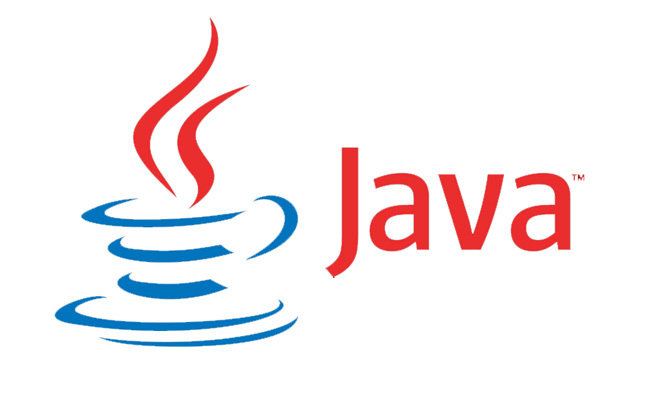
MicheleRivaCode



MicheleRivaCode



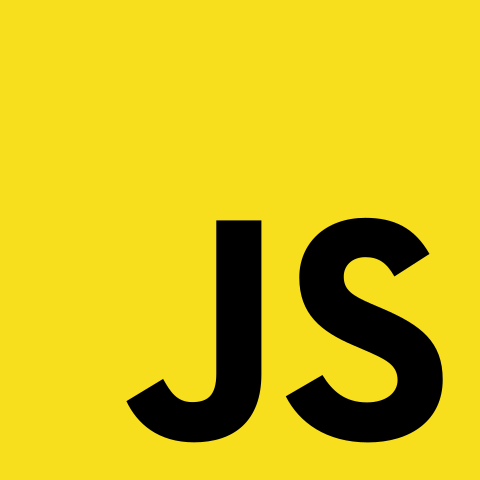
MicheleRivaCode




MicheleRivaCode






MicheleRivaCode



MicheleRivaCode


MicheleRivaCode


MicheleRivaCode


MicheleRivaCode


MicheleRivaCode

puts "Hello, world!"IO.puts "Hello, world!"Ruby
Elixir

MicheleRivaCode

Me with Ruby
MicheleRivaCode

Me with Elixir
Things to learn
- Functional programming patterns
MicheleRivaCode

Things to learn
- Functional programming patterns
- Recursion
MicheleRivaCode

Things to learn
- Functional programming patterns
- Recursion
- Immutability
MicheleRivaCode

Things to learn
- Functional programming patterns
- Recursion
- Immutability
- Distributed computing
MicheleRivaCode

Things to learn
- Functional programming patterns
- Recursion
- Immutability
- Distributed computing
- BEAM (Erlang VM)
MicheleRivaCode

MicheleRivaCode






Functional programming community is a niche
MicheleRivaCode

MicheleRivaCode


Contributingto Haskell
OSS projects
Growing in my current company
Me
MicheleRivaCode

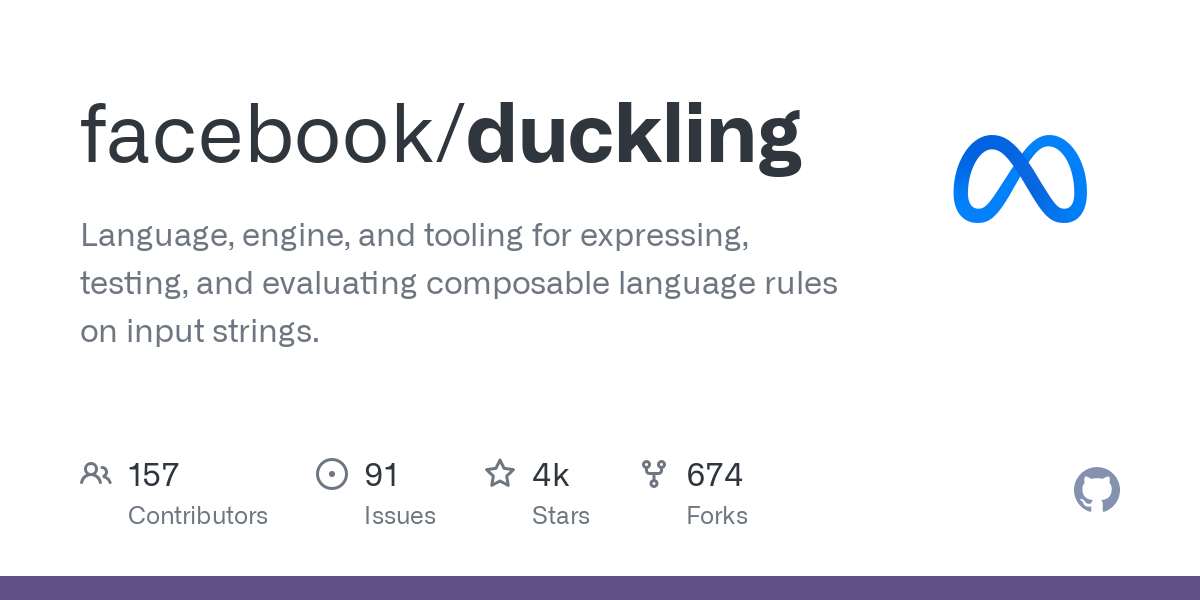
MicheleRivaCode

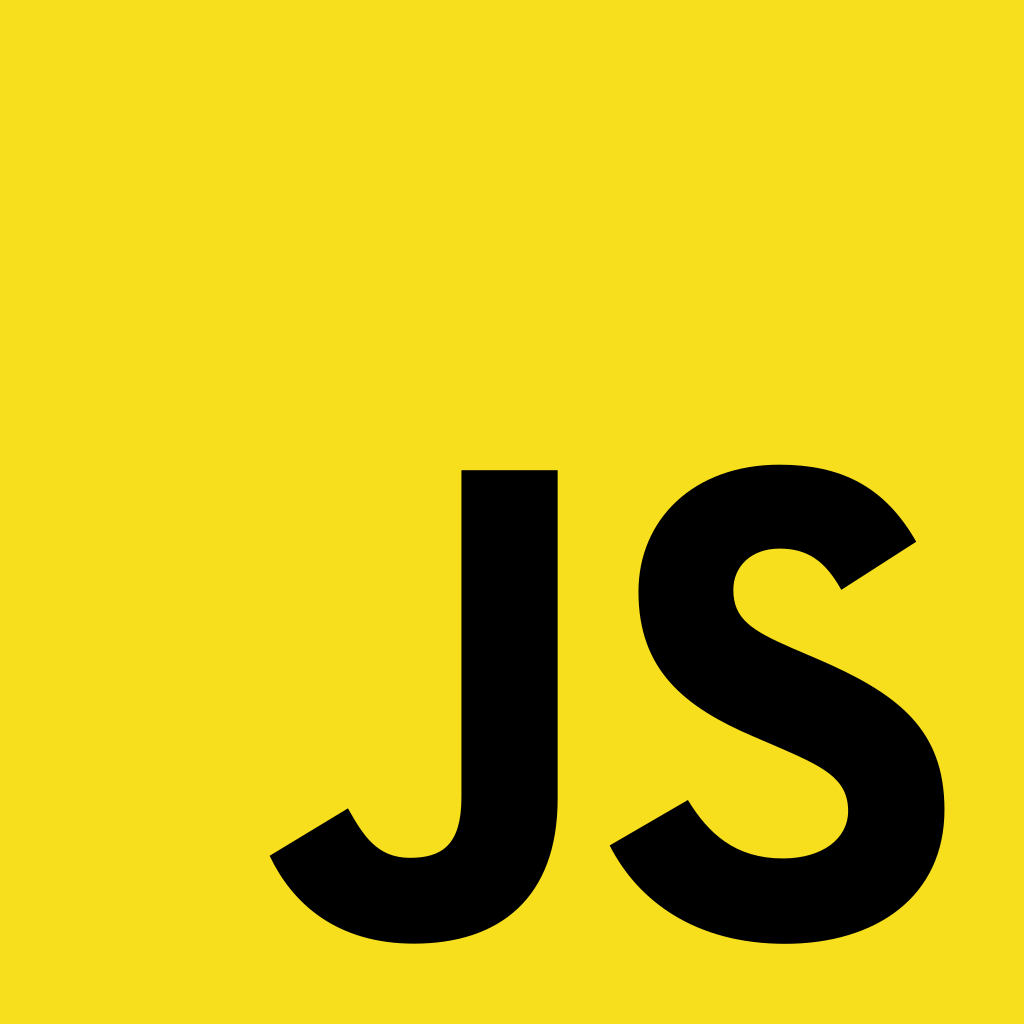
MicheleRivaCode


ES6
Haskell has been very influential for JavaScript
MicheleRivaCode

MicheleRivaCode

var numbers = [1, 2, 3, 4];
for (var i = 0; i < numbers.length; i++) {
numbers[i] = numbers[i] * 2;
}
console.log(numbers);const numbers = [1, 2, 3, 4];
const multiplied = numbers
.map((number) => number * 2);
console.log(multiplied);Until ES5
Starting with ES6
Why calling it .map?
MicheleRivaCode

MicheleRivaCode

"In mathematics, specifically category theory, a functor is a mapping between categories"
https://en.wikipedia.org/wiki/Functor
MicheleRivaCode


"Haskell, at its core, is simple: it is just a polymorphic lambda calculus with lazy evaluation plus algebraic data types and type classes"
MicheleRivaCode


"Haskell, at its core, is simple: it is just a polymorphic lambda calculus with lazy evaluation plus algebraic data types and type classes"

MicheleRivaCode


Category theory can be helpful in understanding Haskell's type system. There exists a "Haskell category", of which the objects are Haskell types, and the morphisms from types a to b are Haskell functions of type a -> b.
MicheleRivaCode


Category theory can be helpful in understanding Haskell's type system. There exists a "Haskell category", of which the objects are Haskell types, and the morphisms from types a to b are Haskell functions of type a -> b.

MicheleRivaCode

map (3*) [1,2,3,4,5][1,2,3,4,5].map((x) => x * 3);Haskell
JavaScript
MicheleRivaCode

fold (+) [1,2,3,4,5][1,2,3,4,5].reduce((acc, val) => acc + val);Haskell
JavaScript
MicheleRivaCode

filter (>5) [1,2,3,4,5,6,7,8][1,2,3,4,5,6,7,8].filter((x) => x > 5);Haskell
JavaScript
MicheleRivaCode


MicheleRivaCode

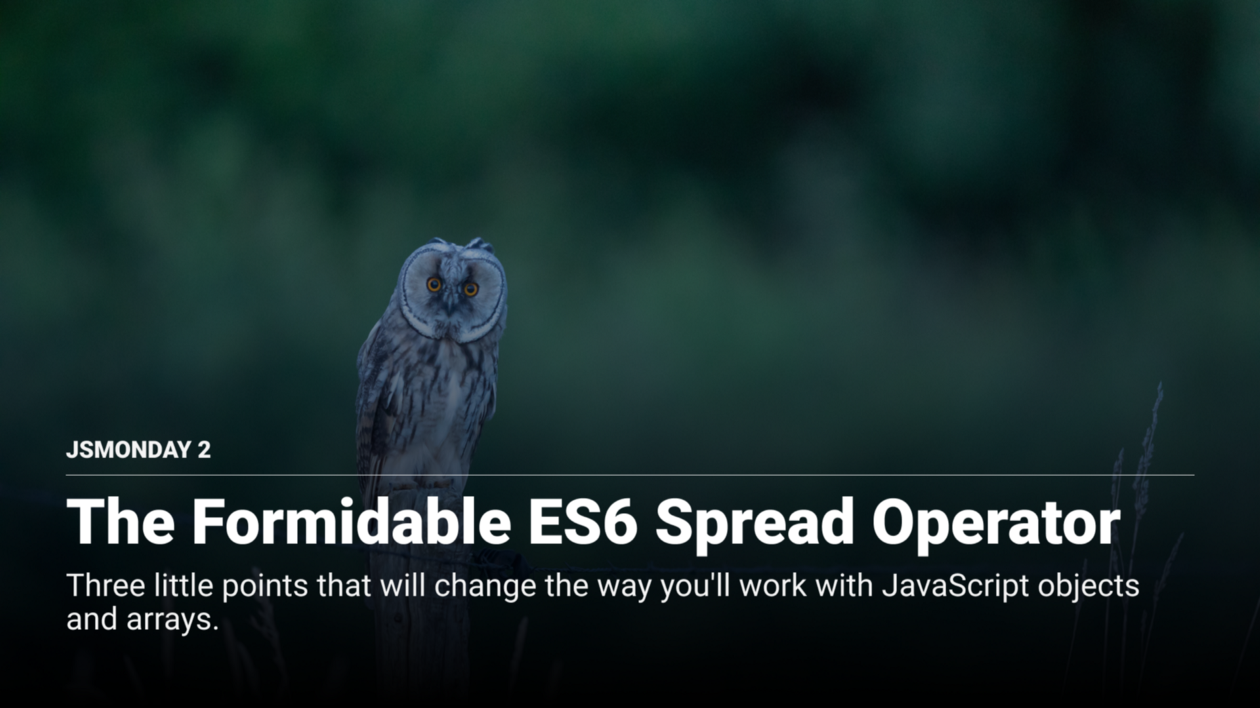
MicheleRivaCode


MicheleRivaCode


From Software Engineer
to Sr. Engineer & Technical Evangelist
MicheleRivaCode


MicheleRivaCode

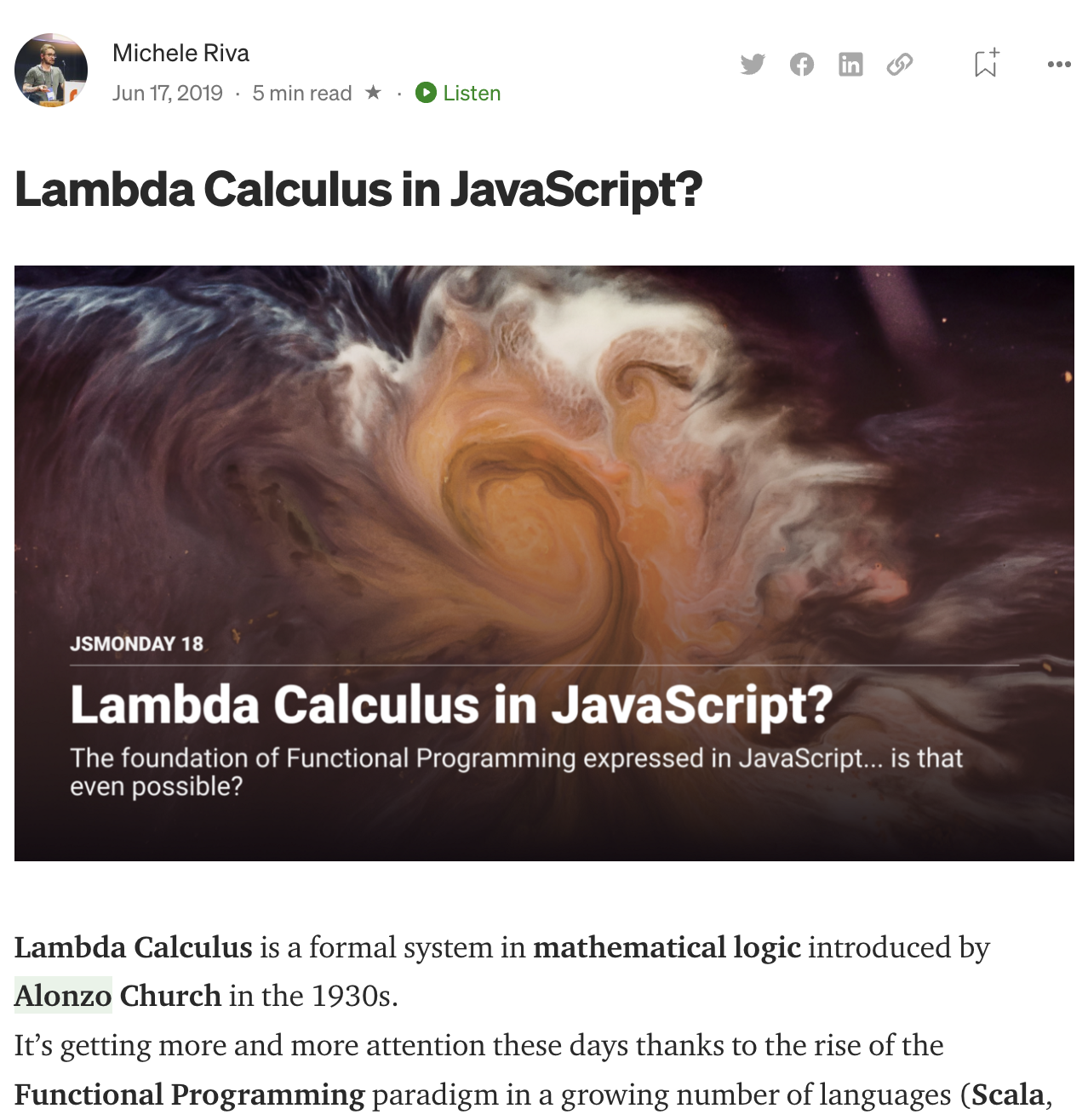
MicheleRivaCode


MicheleRivaCode


I got into the top 0.01% of Medium writers for two months in a row
MicheleRivaCode

How do you succeed writing?
MicheleRivaCode

MicheleRivaCode

Find a niche

MicheleRivaCode

-
22 Sep 2022, Web Developer Conf Hamburg 🇩🇪 Compiling and bundling JavaScript, the painless way
-
19 Jul 2022, StackConf 🇩🇪 Are all programming languages in English?
-
22 Jun 2022, SailsConf 🇳🇬 Solving imaginary scaling issues
-
17 Jun 2022, React Summit 🇳🇱 You don’t want to server-side render your Next.js app
-
15 Jun 2022, WeAreDevelopers World Congress 🇩🇪 Building a full-text search engine from scratch in TypeScript
-
3 Jun 2022, CODEStantine 🇷🇸 Compiling and bundling JavaScript, the painless way
-
18 May 2022, Codemotion 🇮🇹 Microfrontend discussion panel
-
16 May 2022, Sci-fi DevCon 🇫🇷 Are all programming languages in English?
-
13 May 2022, BeJS Brussels 🇧🇪 Compiling and bundling JavaScript, the painless way
-
11 May 2022, Codemotion DevCast 🇮🇹 Microfrontends with WebPack and module federation
-
22 Apr 2022, JSDay 🇮🇹 Refactoring large JavaScript codebases
-
24 Mar 2022, Codemotion 🇮🇹 Are all programming in English?
-
10 Mar 2022, WebDay 🇮🇹 Understanding JavaScript compilation
-
18 Feb 2022, Node Congress 🇳🇱 Understanding JavaScript compilation
-
7 Feb 2022, GRUSP 🇮🇹 Building a full-text search engine from scratch in TypeScript
-
20 Jan 2022, Google DevFest Norway 🇳🇴 Solving imaginary scaling issues
-
16 Jan 2022, Google DevFest Pakistan 🇵🇰 Solving Imaginary Scaling Issues

MicheleRivaCode

MicheleRivaCode






MicheleRivaCode

Find a niche
Collect feedback
Grow
MicheleRivaCode

Be consistent
MicheleRivaCode


MicheleRivaCode

@MicheleRiva

@MicheleRivaCode

/in/MicheleRiva95

www.micheleriva.dev

